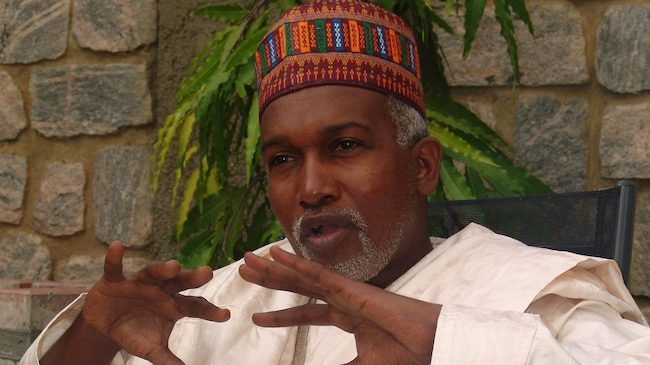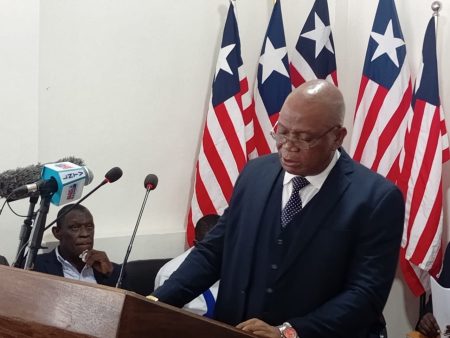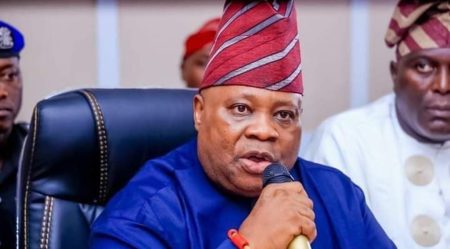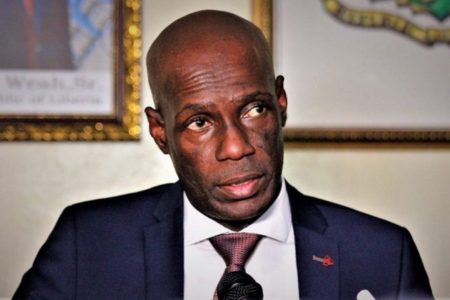The Nigerian foreign missions are facing a severe financial crisis, leaving hundreds of foreign service officers unpaid for months. Over 450 officers stationed across 109 missions are grappling with the inability to meet basic needs such as rent, school fees, and other financial obligations. This dire situation has created widespread distress among the diplomatic corps and significantly hampered the missions’ ability to function effectively. While the Ministry of Foreign Affairs acknowledges the problem and cites the delayed passage of the 2025 Appropriation Act as a contributing factor, the underlying issues appear to be more systemic and long-standing, encompassing insufficient funding, bureaucratic inefficiencies, and a politicized approach to diplomatic appointments.
The financial woes of the foreign missions are not a new phenomenon. Reports indicate a pattern of underfunding extending back several decades, exacerbated by the long periods of military rule which prioritized domestic security over international engagement. This historical neglect has created a chronic funding gap, leaving missions struggling to cover operational costs and maintain adequate facilities. While budgetary allocations to the Ministry of Foreign Affairs have increased in recent years, the funds allocated are insufficient to meet the needs of the 109 missions spread across the globe, especially given fluctuations in exchange rates and the rising cost of living in many countries. The current system, where budgets are determined in naira and then converted to foreign currencies, exposes the missions to exchange rate volatility, further diminishing their purchasing power.
The delay in the passage and signing of the 2025 budget has further compounded the financial strain on the missions. With no approved budget in place, embassies are forced to operate on severely limited resources, accumulating debts and facing legal action from unpaid service providers. This financial instability not only impacts the well-being of the diplomatic staff but also undermines the missions’ ability to provide essential consular services to Nigerian citizens abroad. Furthermore, the lack of funds restricts the missions’ capacity to engage in diplomatic activities, potentially damaging Nigeria’s international standing and hindering its ability to pursue its foreign policy objectives. The situation paints a picture of neglect and dysfunction, with far-reaching consequences for Nigeria’s diplomatic efforts.
Beyond the immediate financial crisis, the recall of 83 ambassadors by President Tinubu and the subsequent delays in appointing replacements have created a leadership vacuum in many missions. This absence of leadership further exacerbates the operational challenges and hinders effective advocacy for increased resources. Without ambassadors or high commissioners in place, embassy staff are left without a strong voice to represent their needs to the government, making it difficult to address the financial and operational issues plaguing the missions. This leadership void also creates a sense of uncertainty and demoralization among the staff, potentially impacting their performance and further hindering the missions’ ability to function optimally.
Experts attribute the persistent dysfunction in the foreign service to a deeply rooted politicization of diplomatic appointments. Rather than prioritizing experience and expertise, diplomatic positions are often used as rewards for political allies, leading to a lack of qualified leadership in many missions. This practice not only undermines the effectiveness of the missions but also perpetuates the cycle of underfunding and neglect. Without competent leadership to advocate for necessary resources and implement effective management practices, the missions are left vulnerable to financial instability and operational inefficiencies. A shift towards a more merit-based approach to diplomatic appointments is crucial to addressing the systemic issues plaguing the foreign service.
Addressing the chronic underfunding and operational challenges of the Nigerian foreign missions requires a multi-pronged approach. Experts recommend reverting to the previous practice of budgeting in both US dollars and naira to mitigate the impact of exchange rate fluctuations. This would ensure that missions receive stable and predictable funding, enabling them to plan and execute their activities effectively. Furthermore, direct remittance of funds to the missions by the Central Bank, rather than through intermediary channels, could streamline the process and minimize delays. Equally important is the need for a fundamental shift in the approach to diplomatic appointments, prioritizing competence and experience over political patronage. A professionalized foreign service, led by qualified and experienced diplomats, is essential for advancing Nigeria’s interests on the global stage. Ultimately, a long-term solution requires a comprehensive reform of the foreign service, addressing both the financial and structural issues that have hampered its effectiveness for decades.














